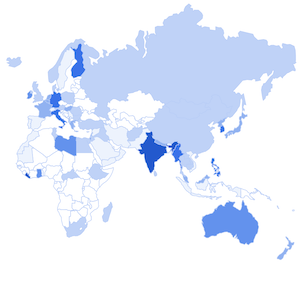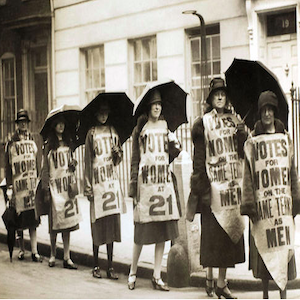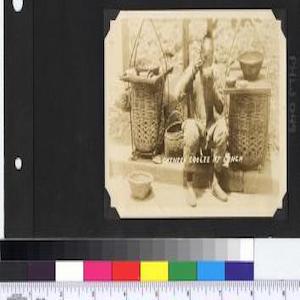Browse
Government

Review
Consolation Prize
Consolation Prize is a fantastic podcast that comes highly recommended for anyone who has an interest in American history, or even for those who just enjoy well-told, solidly researched stories.
Source
Grid Map of Judicial Independence
Comparisons across world history can be productive if done with care.

Review
LSE Digital Library
The LSE Digital Library is an important and valuable archive chronicling not just the history of a storied institution but also British and global history more broadly.
Review
Philippine Photographs Digital Archive
A simple yet powerful database that captures the intricacies of the relationship between the United States and the Philippines, the Philippine Photographs Digital Archive provides an important lens with which one can view changes in Filipino life over time.
Review
People with a History: An Online Guide to Lesbian, Gay, Bisexual, and Trans* History
In essence then this is an excellent site to find additional materials with some caveats: some links are now dead, in other ways this site is dated, and other parts – such as the section on images – are still empty. Still the materials that this site provides educators with great resources andReview
New York Public Library’s Digital Collection
On nypl.org visitors can browse the Library’s immense collections, download e-books, and view more than 700,000 items from our award-winning Digital Collections.” It contains “900,207 items and counting.
Review
Beyond the Bubble
Beyond the Bubble is a fantastic initiative that provides educators with an array of thoughtful and easily implementable history assessments.
Review
BBC Ancient Greece
Overall, the site functions well as a cursory introduction to Ancient Greece and will be of most use to casual visitors, or school-level educators seeking to provide students with additional information.
Review
The Gulag Online Museum
This is indeed a worthwhile site for educators who are interested in searching for labor camps that were used as part of the Soviet Union and its allies.
Review